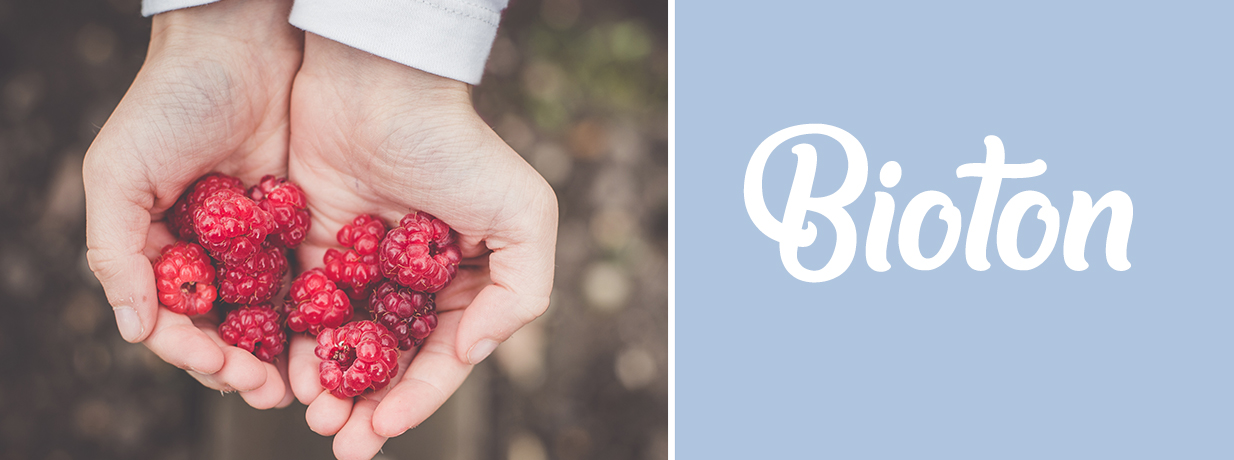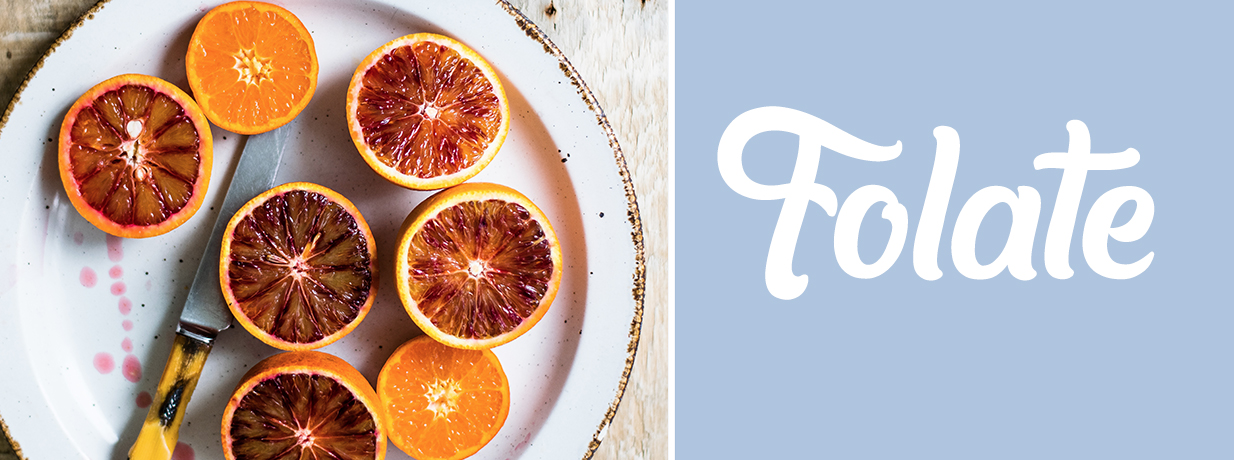In the first of a two-part series, Director and Principal Dietitian Gillian Killiner, discusses the relationship between good nutrition and surgery and how this can help your recovery process.
Are you waiting for an operation? More and more people are spending months on waiting lists for minor and major surgery. Waiting when you are in pain or unable to function can have a devastating effect on your day to day abilities. If severe, your ailment can affect your job and income. These and many other issues related to surgery can negatively impact on your mood, your ability to eat, sleep, movement, your mental health and general well-being.
Surgery is a deliberate, skillful injury to your body which following, may take you several weeks or months to heal. Infections and blood loss are two possible complications that you will want to avoid.
While you are waiting for your procedure you can do your part to make sure you heal well without problems. You can do this by choosing the most nutritious diet well in advance of your hospital admission. Surgery is a big event. It makes sense to give yourself extra nutrition, so you can replace any blood loss and protect your immune system against infection. These same nutritional elements will repair your skin, nerves, blood vessels, muscle and bone and get you back on your feet again.
What do vitamins and minerals do for you?
The following are a snapshot of the major ones to assist your recovery:

Vitamin B12
Vitamin B12 is the largest and most complex of all the vitamins. You need vitamin B12 so your body can create energy from your dietary fats and proteins. B12 is needed for you to make haemoglobin. It even helps your memory, mood and brain function.
Vitamin B12 deficiency affects about 15 percent of people over the age of 60. There are several reasons people are low in B12: age, alcohol, bacteria infection and certain drugs.
B12 rich foods include: beef, shellfish, cottage cheese, chicken, egg and nutritional yeast.
Folate
Folate plays a vital role in the work and growth of all your body cells. Not having enough folate causes problems in the cells. Some of your immune system white blood cells will be affected. If you do not take in enough folate you will experience fatigue, weakness, and shortness of breath. Never take a folate supplement without making sure you have enough Vitamin B12.
Folate rich foods include: spinach, kale, Brussels sprouts, cabbage, broccoli, beans and legumes (e.g. peas, blackeye beans), yeast and beef extracts, oranges and orange juice, whole grain foods, poultry, pork, shellfish and liver.
Vitamin B6
Vitamin B6 is needed for the proper function of about 100 essential chemical reactions in the human body. People who are low in vitamin B6 have impaired immune function. This is especially true for the elderly. Sleep, pain, mood, memory, and clear thinking are also affected by a shortage of Vitamin B6. The stress of hospitalisation for surgery causes many people to lose sleep. Increased pain and mood changes are also common. You may find your appetite is changed when you are in the hospital. Vitamin B6 is important at this time.
B6 rich foods include: turkey, beef, pistachios, tuna, avocado, chicken, sunflower seeds, sesame seeds.
Vitamin B1 (thiamine or thiamin)
Vitamin B1 plays a critical role in making energy from food. It is needed for your heart, digestive system, and nervous system. Your muscles especially need vitamin B1 to work properly.
Alcoholism is linked with a low intake of thiamine and other nutrients. If you drink large amounts of tea and coffee (even decaf), you may end up with not enough thiamine. This is because of the action of certain enzymes in these drinks.
Vitamin B1 foods include: nutritional yeast, seaweed, sunflower seeds, blackbeans, lentils, white beans, asparagus, sprouts.
Vitamin B2 (riboflavin)
Riboflavin or Vitamin B2 is essential for changing the carbohydrates, fats, and proteins in your food into energy in your cells. It also helps manage drugs and toxins in your liver.
If you do not have enough riboflavin you may not be able to absorb the iron, you need to make haemoglobin in your red blood cells. Riboflavin improves your ability to prevent or recover from iron-deficiency anaemia.
Food rich in B2 include: liver, seaweed, feta, almonds, tempeh, mackerel, eggs, tahini.
Vitamin B5

Pantothenic acid is essential to all forms of life. It is another of the vitamins you need in order to create energy from your food. Vitamin B5 will speed up wound healing. It can also increase the strength of scar tissue.
Vitamin B5 rich foods include: beef liver, avocado, sunflower seeds, duck, portobella mushrooms, eggs, salmon, lentils, plain yoghurt, broccoli.
Vitamin B3 (niacin)

Vitamin B3 is also called nicotinamide or nicotinic acid. It is required for the proper function of more than 50 enzymes. Without it, your body would not be able to release energy or make fats from carbohydrates. It’s important for insulin-dependent diabetes.
Vitamin B3 rich foods include: beef liver, chicken, tuna, lamb, salmon, sardines, turkey, white mushrooms.
Biotin

Biotin is one of the B-complex vitamins. It is needed for four important enzyme reactions in your body allowing cell growth and immune system protection against bacterial and fungal infections. If you do not have enough biotin it can lead to depression, a sense of tiredness, and weakness. You may also notice a rash on your face and numbness and tingling of your hands or feet.
If you have brittle fingernails or notice increased hair loss, you may be low in biotin.
Biotin rich foods include: liver, eggs, yeast, salmon, cheese, avocado, raspberries, cauliflower.
Vitamin C

Vitamin C is a water-soluble vitamin. Unlike most mammals, humans do not have the ability to make their own vitamin C. You have to get the vitamin C you need through what you eat and in supplements. (These are not all the same and can do more harm than good.)
Vitamin C is a powerful antioxidant required to make collagen. Collagen is an important part of your blood vessels, tendons, ligaments, and bone. Vitamin C also plays an important role in making up your brain chemistry and is also needed to carry fat into cells for use as energy.
Your ability to heal after surgery will depend on having proper blood flow to the surgical site. Vitamin C will help you heal from the trauma that is part of your surgery. Vitamin C allows blood vessels to be relaxed and open. You will deliver the most amount of blood to your injured tissues if you have enough vitamin C. Blood flow to injured areas is central to how well we heal. After surgery your circulation will be slowed by inactivity. If you have atherosclerosis or hardening of the arteries, your blood vessels are less able to relax. This adds to the challenge of recovering after an operation.
Vitamin C rich foods include: kiwi, peppers, oranges, strawberries, pineapple, broccoli, sprouts, mango, tomatoes, spinach.
Check back next month when we’ll be sharing part 2 of Nutrition and Surgery series.
If you are unsure of how to change your eating habits, or need help optimising the foods you eat please do contact us. We would love to help you or your family and friends with any nutrition related queries big or small.
In the meantime do please check out our 121Dietitian Shop
If you have enjoyed this blog we would love you to share this with your family and friends on your social media channels.
Why not visit our YouTube Channel for more on keeping your health optimal.
How can a Dietitian help
- Book a consultation via our Online Portal
- About Gillian Killiner
- Check out our tailored dietary programmes
Gillian x
[instagram-feed]
Information checked & correct on 16th May 2018 and Jan 2021.
Links included in this description might be Amazon affiliate links. If you purchase a product or service with the links that I provide I may receive a small commission.



